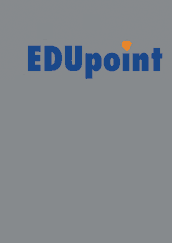

|
|
|
|
|
 |  |
 | |
|
godite I | broj 1 | Zagreb | 20.12.2001. | |
|
|
Dr. sc. Slavomir Stankov, dr. sc.
Vlado Glavinić, |
|
|
Inteligentni tutorski sustavi - istraivanje, razvoj i primjena |
|
|
Abstract The employment of information and communication technology in education and instruction is usually defined through student-computer interaction and consequently considered as learning about the computer, learning with computer and learning from computer. The process of teaching in Croatian educational system is for the most part concentrated on the modality of learning about the computer, aiming to improve the education and instruction by the computer employment in text editing, spreadsheet calculation, data base work, as well as Internet connection. As a matter of course, this is the very first and at the same time imperative level, while learning with computer and learning from computer is still not appropriate researched, as well as applied. In order to promote and support its development and employment, we made a systemic approach to this field during the last decade, concentrating on the following fields of interest and research:
Only a part of this extensive research is presented in this paper and due to its comprehensiveness it is split in three sections, according to previous ordering. The conclusion and the literature are included in the last section. |
|
autori | cijeli članak | literatura | abstract | naslovnica |